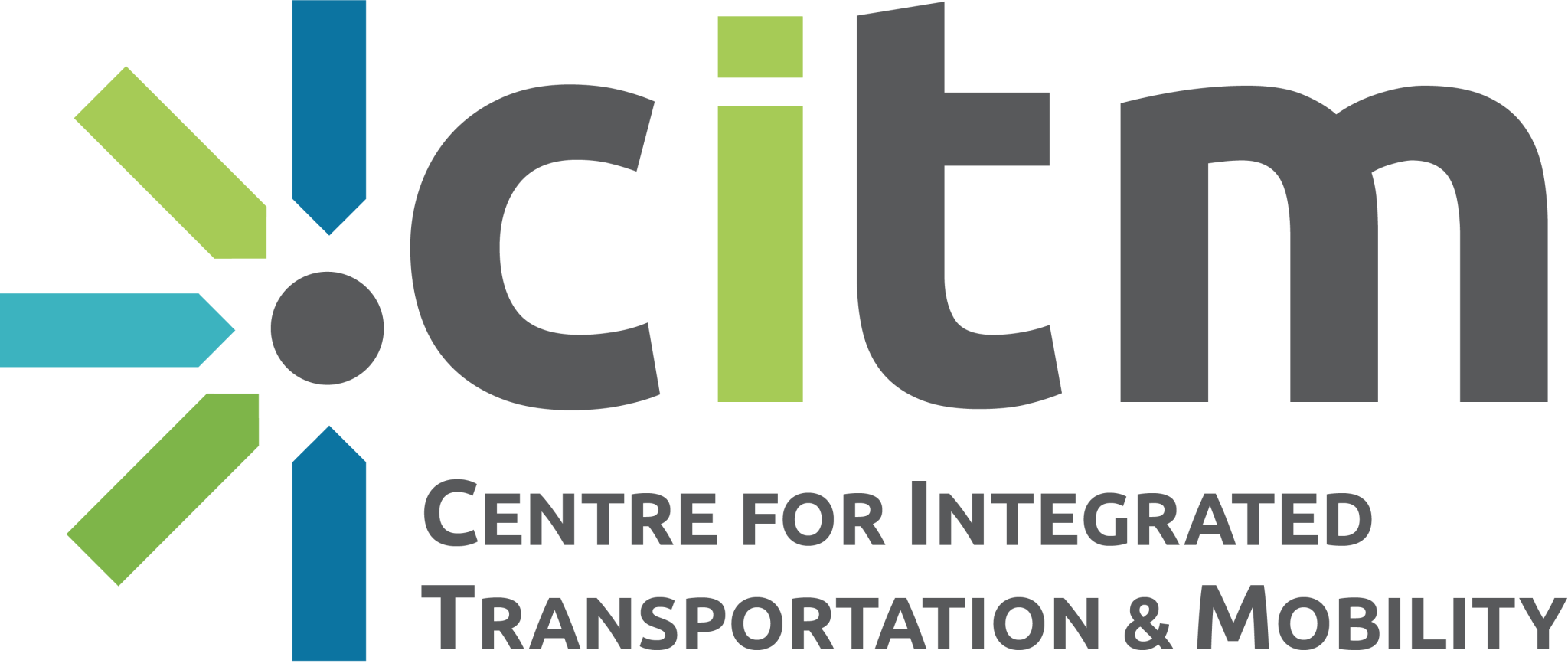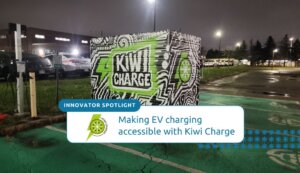Original Article, iea.org, May 2021
“We need to drive huge leaps in clean energy innovation.
Most of the reductions in CO2 emissions through 2030 come from technologies already on the market today. But in 2050, almost half the reductions come from technologies that are currently at the demonstration or prototype phase.
Major innovation efforts must take place this decade in order to bring these new technologies to market in time.”
The number of countries announcing pledges to achieve net-zero emissions over the coming decades continues to grow. But the pledges by governments to date – even if fully achieved – fall well short of what is required to bring global energy-related carbon dioxide emissions to net zero by 2050 and give the world an even chance of limiting the global temperature rise to 1.5 °C.
This special report is the world’s first comprehensive study of how to transition to a net zero energy system by 2050 while ensuring stable and affordable energy supplies, providing universal energy access, and enabling robust economic growth. It sets out a cost-effective and economically productive pathway, resulting in a clean, dynamic and resilient energy economy dominated by renewables like solar and wind instead of fossil fuels. The report also examines key uncertainties, such as the roles of bioenergy, carbon capture and behavioural changes in reaching net zero.








